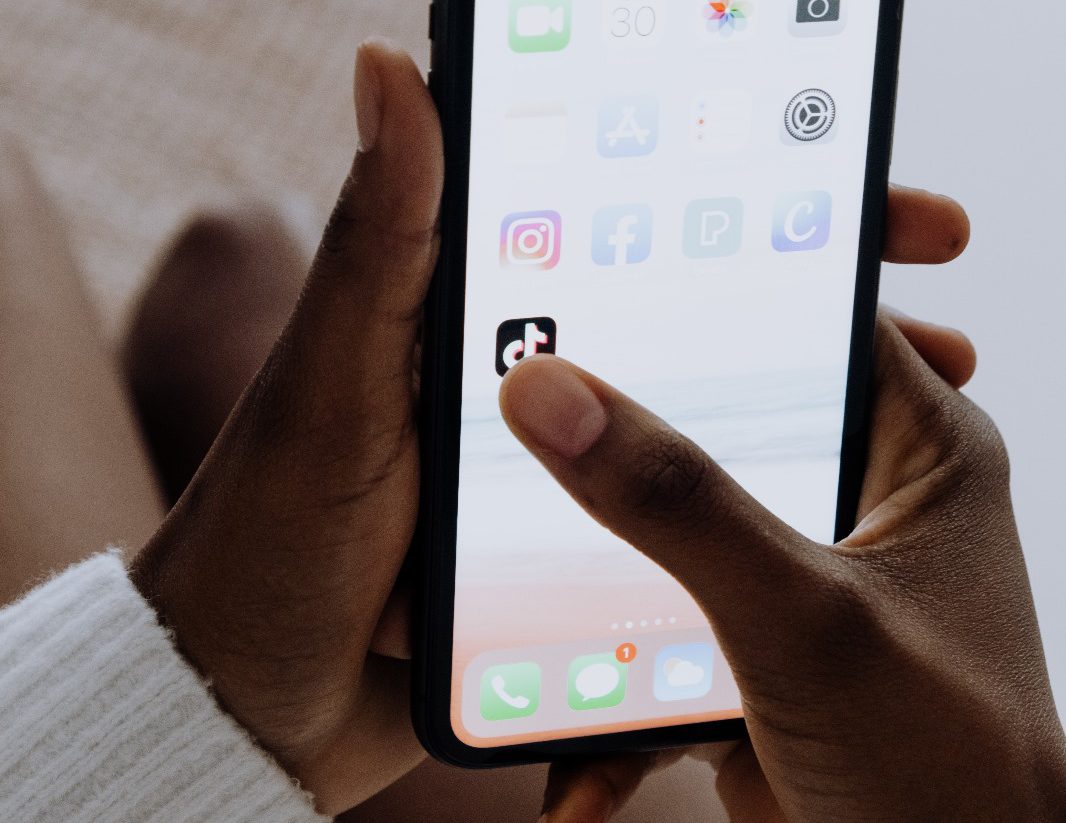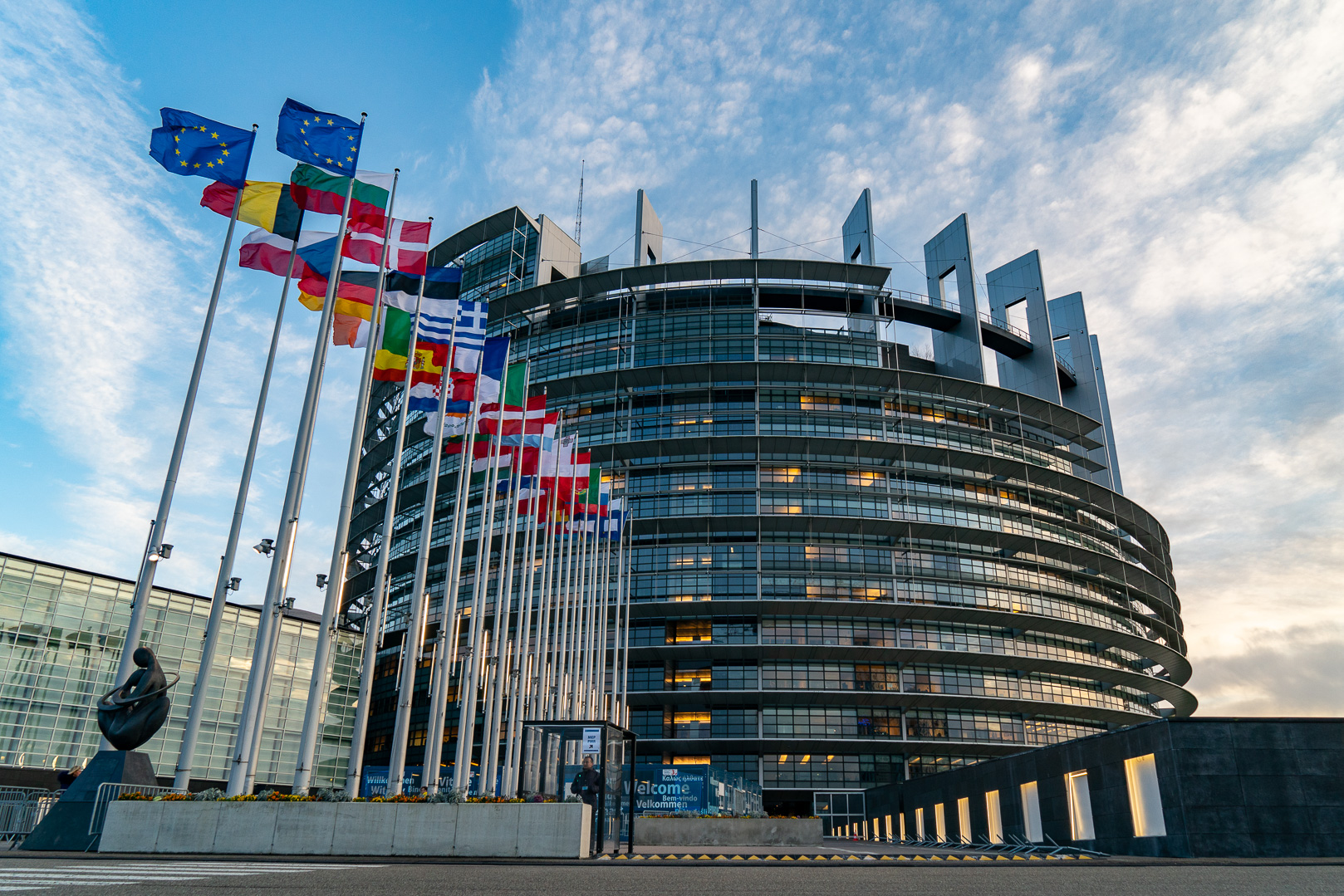On 19th January, TikTok is set to be banned from USA. However, the incoming national security adviser for the upcoming Trump administration, Mike Waltz, said that soon-to-be President Donald Trump will try to reverse the ban.
Mr Waltz told Fox News that the Trump administration would find a way to “preserve the app but protect the people’s data.”
He commented that the law allows a 90-day extension if progress is made towards selling the app, allowing Trump to turn back the clock.
The New York Times reported that the President-elect invited TikTok President Shou Zi Chew to attend his inauguration on Monday 20th January.
How did this begin?
Concerns over TikTok began during Trump’s first administration. Back in 2019, critics argued that the China, whose relations with America have been tense for years, was using American data and exerting influence through TikTok’s content moderation policies.
In 2019 ByteDance, TikTok’s company, was slammed with a $5.7 million fine by the Federal Trade Commission for collecting data from underage children. As a response, the parties reached a consent decree and added a kids-only mode. However, an advocacy group alleged that TikTok had violated the terms for the agreement and filed a complaint.
In 2020, then-President Trump had signed an order to ban TikTok from the US unless ByteDance sold its American operations. The order made reference to national security risks; however the ban was put on hold by court challenges.
At the time, The Wall Street Journal also reported that TikTok had tracked Android users data.
During the following administration, President Joe Biden reversed Trump’s order but ordered a review of apps with ties to foreign adversaries. Nonetheless, TikTok remained under scrutiny by the Committee on Foreign Investment in the United States (CFIUS).
In 2021, Tiktok had updated its policy to include potential collection of biometric data (like faceprints of voice recognition), fuelling additional concerns.
Additionally, in 2022, Forbes reported that a team at ByteDance had plans to surveil US citizens, with the reason of the surveillance remaining undisclosed. As a response, ByteDance revealed that as part of an investigation into the source of the leaks, its employees accessed the data of two journalists and their close contacts.
Despite starting negotiations between the two parties to address security concerns, talks were halted in 2023 following disagreements over data storage, access, and control.
During the same year, the US Senate introduced the Restrict Act, which addressed risk posed by foreign tech, putting the focus on TikTok.
Additionally, various US states banned TikTok on government-issued devices, over fears of espionage and cybersecurity concerns.
ByteDance also confirmed that some financial information of American content creators were being stored in China, specifically those who have signed contracts and are paid by ByteDance.
In March 2024, TikTok CEO Shou Zi Chew testified before congress to defend the app and its data protection measures.
Eventually, President Biden singed a bill demanding that ByteDance is sold to a US approved buyer within nine months or else face a total ban.
Last August, the US Department of Justice filed a joint lawsuit against ByteDance over alleged violations of the consent decree that the company had willingly signed.
This leads to December’s latest updates. Just last month, federal appeals court upheld the ban on the app however ByteDance requested the ruling to be paused.
On 10th January, Donald Trump filed a request to the Supreme Court to delay the implementation until he takes office on Monday 20th January. This request was declined.
On the day, TikTok’s lawyers took to court to argue that banning the app is a matter of free speech
How did Trump change perspective?
Despite Mr Waltz highlighting that if President-elect Trump would try to bring TikTok back, it would protect data, people are questioning how he has changed direction.
UK-based Tortoise media pointed out that Donald Trump’s stance on TikTok had changed from pushing a ban to describe it as “a unique medium for free expression.”
Furthermore, Forbes reported that Republican billionaire and donor Jeff Yass might be a motivator behind Trump’s shift in perspective.
Mr Yass holds a seven per cent share in ByteDance and it is reported that he met with the President-elect ahead of his change of heart.
Nonetheless, he denied that this meeting had anything to do with his shift and stated that the ban of TikTok would fuel Facebook, described as “the enemy of the people.”
Ryanair cuts Malta link to Serbia’s Niš
The low-cost airline is slashing some major routes in Germany, Spain, Belgium, Portugal and Malta
Event tourism is the standout travel trend for 2026 – How will Malta fare?
The global tourism market is booming, and events are leading the way
EU Parliament agrees on common system to calculate corporations’ taxable income
The reform is designed to replace today’s patchwork of national tax rule






